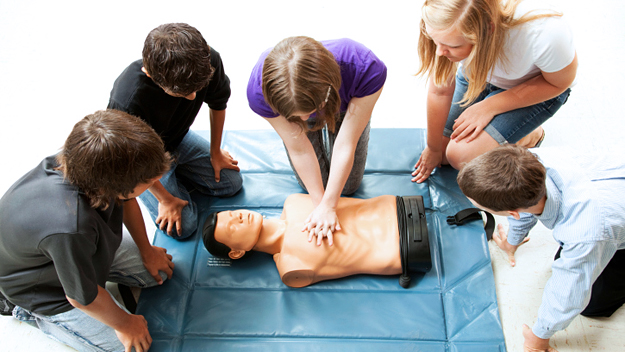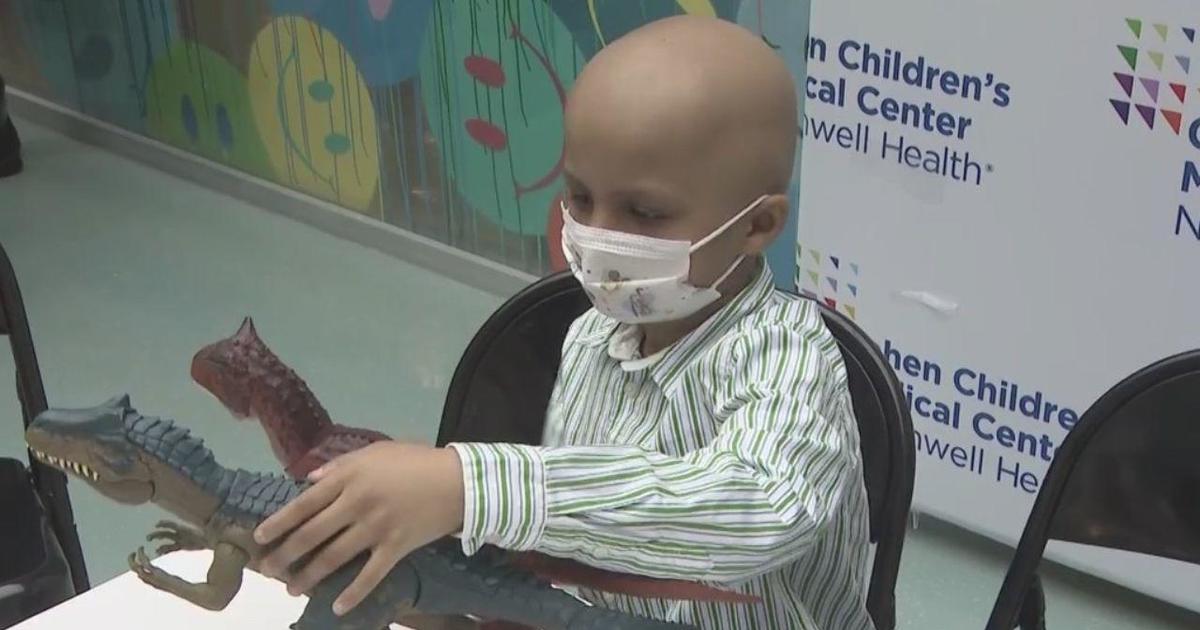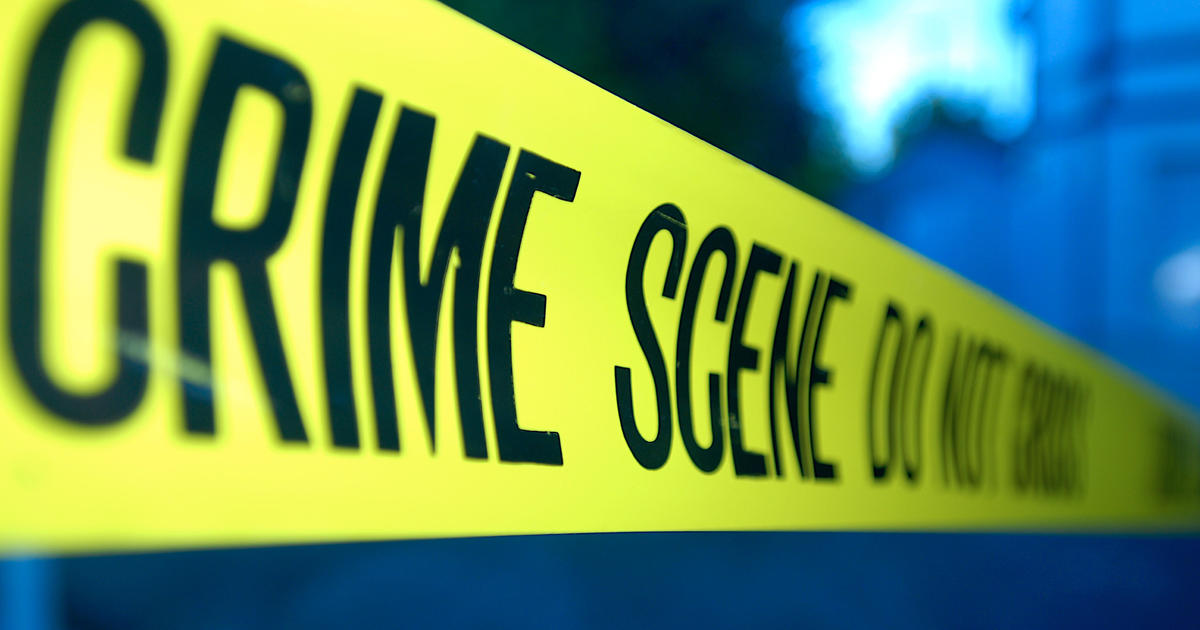How To Handle A Personal Emergency During A Storm
 (Photo credit: Thinkstock)
(Photo credit: Thinkstock)
The storm of the century may be raging outside your window, but inside your home, life goes on and emergencies sometime happen. During a hurricane or other severe weather condition, power may shut off, creating a multitude of potential in-home hazards from falling down a flight of stairs in the dark to slicing open a finger while trying to use a knife or other tool. Unfortunately, illness also doesn't stop. In fact, adverse weather conditions might actually exacerbate health threats, bringing on heart attacks or stroke in seemingly healthy individuals.
Compounding the situation might be road conditions which slow down emergency response time. Common sense and a calm demeanor, even if you are shaking like a leaf inside, should always be part of your personal arsenal at times like these. If a storm is coming, keeping your family safe also requires planning, preparation and these simple tips.
Use an Ounce of Precaution – A storm situation is not the time to tempt fate. If weather warnings in your area include high wind alerts, ducking outside to quickly walk the dog might result in a tree falling on you. You may be brave enough to make a run for it, but think about the poor dog. Don't take chances that could cost you, or others, their lives. If you've been warned to stay put, don't even think about going outdoors until the storm has passed, even if you must retrieve the heart-racing, page-turning mystery novel you left in your car and it will only take a second to retrieve it. Also show prudence during at-home activities, particularly if the power is off. Ladder and tool use should be avoided unless absolutely necessary and never by anyone flying solo.
Have Necessary Medications and Life-Saving Equipment Available – If anyone in your household has a chronic illness such as a heart condition, asthma, diabetes, food allergy or other medical concern, having their medications fully stocked and readily accessible is a no-brainer. Check with the physicians to acquire their emergency recommendations concerning medications such as aspirin use in an emergency. Life-saving equipment such as nebulizers, defibrillators and oxygen tanks should also be available and checked periodically for operability. If you do rely upon equipment which requires power, an at-home, backup generator may literally save the life of a loved one by keeping your electricity on in the event of an outage. This will also help to guard against losing communication with the outside world if you acquire emergency, medical assistance.
Call for Help – Even if the roads are reported as being closed completely, dial 911 in the event of an emergency. Emergency response teams are well-trained to help individuals via telephone until help can arrive, and they may be able to get to you, despite weather conditions. Never go it alone by choice and also make sure that even the smallest children know how to dial 911 for help. Children of almost any age can be taught to memorize and recite their address and telephone number so they can share this information with the emergency operator, in the event that no adult in the household is able to do so.
Learn CPR – CPR can save someone's life in the event of a heart attack. Consider having every member of your household take CPR training, and make practicing this life-saving skill a family activity that all members, including teens, are comfortable performing. If you are untrained and a member of your family requires CPR during an emergency, The American Heart Association recommends you administer hands-on CPR to the victim, at a rate of 100 uninterrupted chest compressions a minute. If you are trained, you can begin CPR with chest compression instead. CPR requires an adult's weight mass behind it to be truly effective, however, older teens should still learn and master the technique.
Acquire Basic First Aid Skills – Having a well-stocked first aid kit is essential, but knowing how to use its contents is also necessary. The ability to use an EpiPen if you or someone in your household has allergies is integral, as is knowing how to perform the Heimlich maneuver, which can save someone's life if they are choking. Your family members should all become knowledgeable about how to stop bleeding, dress burns or stabilize broken bones until help arrives. During cold weather, it also makes sense to learn how to treat as well as avoid hypothermia. Keep in mind that infants and babes require different types of emergency treatments than older children or adults, so if you have very small family members, your training will need to encompass their needs. Assess your family's health conditions so you can anticipate and train for any potential emergencies they may have ahead of time and consider leaving the premises prior to an evacuation recommendation from the authorities. The better prepared you are, the calmer you will be able to remain if there is an emergency during a storm.
Abide by Evacuation Recommendations – People have been known to drown in their beds during hurricanes. If the local authorities are urging you to leave your home, don't wait to see what will happen and do so as quickly as possible. Put an evacuation plan in place at the start of the storm season that includes a destination and make sure you have a go bag ready. If life-saving equipment must be moved with you, purchase a portable generator in order to maintain power on the road.
![]()
Corey Whelan is a freelance writer in New York. Her work can be found at Examiner.com.
![]()
![]()
![]()
Learn more by visiting CBS New York's Storm Prep section




